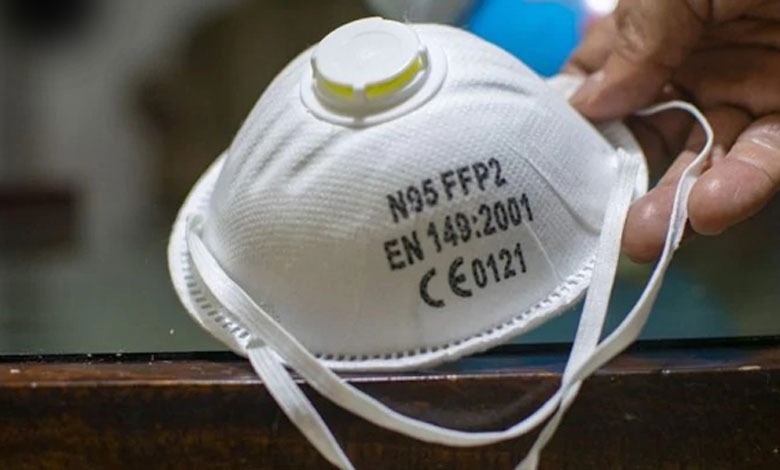How much coronavirus infection affects the brain? Understand with new studies.

Two recent researches indicate that Covid-19 affects the brain
In the early days of the coronavirus pandemic, doctors struggled to keep patients breathing, and focused mainly on treating damage to the circulatory system and lungs, even then, proof for neurological effects of COVID-19 was accumulating. Some people hospitalized with coronavirus infection were experiencing delirium: they were agitated, disorientated and confused. A group in Japan published the first report of someone with coronavirus infection who had swelling and inflammation in brain tissues in April 2020. In another report, one patient was reported with the deterioration of myelin, a fatty coating that protects neurons.
Now that almost 9 months have passed since the pandemic spread across the world, the list of neurological effects now includes the brain haemorrhage, stroke, and memory loss. So far, it has not been heard of serious diseases to cause such effects, but the scale of coronavirus is so big that lakhs of people would be witnessing these symptoms, and more might be facing lifelong problems as a result.
A neuroscientist at the University of California, San Diego in La Jolla, Alysson Muotri said, “The neurological symptoms are only becoming more and more scary.”
Read more: Can mosquitoes spread COVID-19 infection from one person to another?

Two recent pieces of research have explored the neurological effects of the coronavirus infections of patients. A study published in the journal Neurology has indicated several neurological manifestations of the COVID-19. Another research published in the Annals of Clinical and Translational Neurology pointed out that neurologic manifestations were present in almost one-third of the total patients that were under study.
What studies say?
The research which was published in the journal Neurology, was conducted across 11 hospitals and had 64 patients. 43 were men and the rest were women. The median age of the patients was 66. Out of the 64 patients, MRIs of 36 patients or 53 per cent were considered abnormal. 27 per cent had ischemic strokes, 13 per cent had encephalitis, and 17 per cent had leptomeningeal enhancement.
53 per cent of the patients faced confusion, the most common neurologic manifestation experienced by patients. 39 per cent had impaired consciousness, 31 per cent had the presence of clinical signs of corticospinal tract involvement., 31 per cent faced agitation and 16 per cent faced headache.
Almost 50 per cent of the patients that were considered for this study had ARDS (acute respiratory distress syndrome), while 11 per cent died.
In the second study that was published in the Annals of Clinical and Translational Neurology, more than 509 patients were found to have neurological manifestations in a hospital in Chicago, Illinois. 215 patients or 42.4 per cent of them were found with neurological manifestation at the onset of disease, 319 or 62.7 per cent during hospitalization and 419 or 82.3 per cent at any time during the course of the infection.
As per the research, the most common neurologic manifestations were myalgias with 44.8 per cent, headaches at 37.7 per cent
As per the study, myalgias was the most frequent neurologic manifestations at 44.8 per cent followed by headaches at 37.7 per cent, dizziness at 29.7 per cent, dysgeusia at 15.9 per cent and anosmia at 11.4 per cent. The researchers found out that movement disorders and stroke were uncommon among this cohort of patients. Around 26.3 per cent of the patients required mechanical ventilation.
At last, the report said that the long-term effects of the novel coronavirus in the nervous system remain uncertain. The results of research suggest that of all the neurologic manifestations, encephalopathy is associated with a worse functional outcome in patients who were hospitalized with COVID-19 and it may have lasting effects. Long‐term follow‐up is needed to assess the true burden of encephalopathy in these infected patients.
Should we be worried?
The first study suggested that a patient can develop a wide range of neurologic manifestations once infected with the COVID-19. This can be associated with fatal and severe complications like encephalitis and stroke.
The second study suggested that neurologic manifestation is very common in hospitalized COVID-19 patients. The researchers also said that encephalopathy was found to be associated with increased morbidity and mortality “independent of disease severity.” Encephalopathy is a broad term used for diseases that alter brain function and structure.
So, yes there is a concern for people who were hospitalized due to Coronavirus infection.
Have a news story, an interesting write-up or simply a suggestion? Write to us at info@oneworldnews.com







